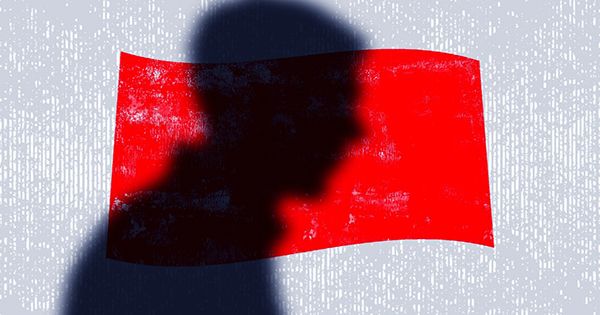Former Pinterest employee Ifeoma Ozoma is co-leading a new leadership with California State Senator Connie Levya and others to empower victims of discrimination and / or harassment in the workplace. Introduced today, the Silent No More Act (SB331) will prevent the use of disclosure-disclosure agreements involving all forms of discrimination and harassment in workplace situations.
“It is unacceptable for an employer to try to silence a worker because he or she was the victim of any kind of harassment or discrimination because of race, sex, religion, age or any other characteristics,” Levya said in a statement. “SB331 will give survivors the power to speak – if they wish – so that they can hold perpetrators accountable and hopefully prevent abusers from continuing to torture and ill-treat other workers.”
The proposed bill would expand existing security personnel through the Stand Together against Non-Disclosures Act, enacted in 2019 by Levier. Ozoma, along with former coworker Aerica Shimizu Banks, came forward with claims of both racial and gender discrimination last year. They eventually settled with Pinterest, but the STAND Act technically only protected them for speaking out about gender discrimination. This new bill would ensure workers also protected when speaking out about racial discrimination.
“It was a legal gamble,” Ozoma told TechCrunch about signing an NDA but coming forward to demand both racial and gender discrimination. Ozoma said Pinterest could have decided to sue both Ozoma and the bank, but that the company needed to acknowledge the wrongdoing. “Technically, we weren’t supposed to talk about [racial discrimination] and that’s what most companies bank on,” he said.
That is a long way to go for the bill, which needs to be pass by the legislature and eventually signed into law by CA Governor Gavin News, but if passed, it would represent a monument to the technology industry. “It will be huge not only for technology, but also for your industry,” he told me. “I believe that we will not make real progress unless we approach things interpersonally, and this is a lesson for all of us.”
















